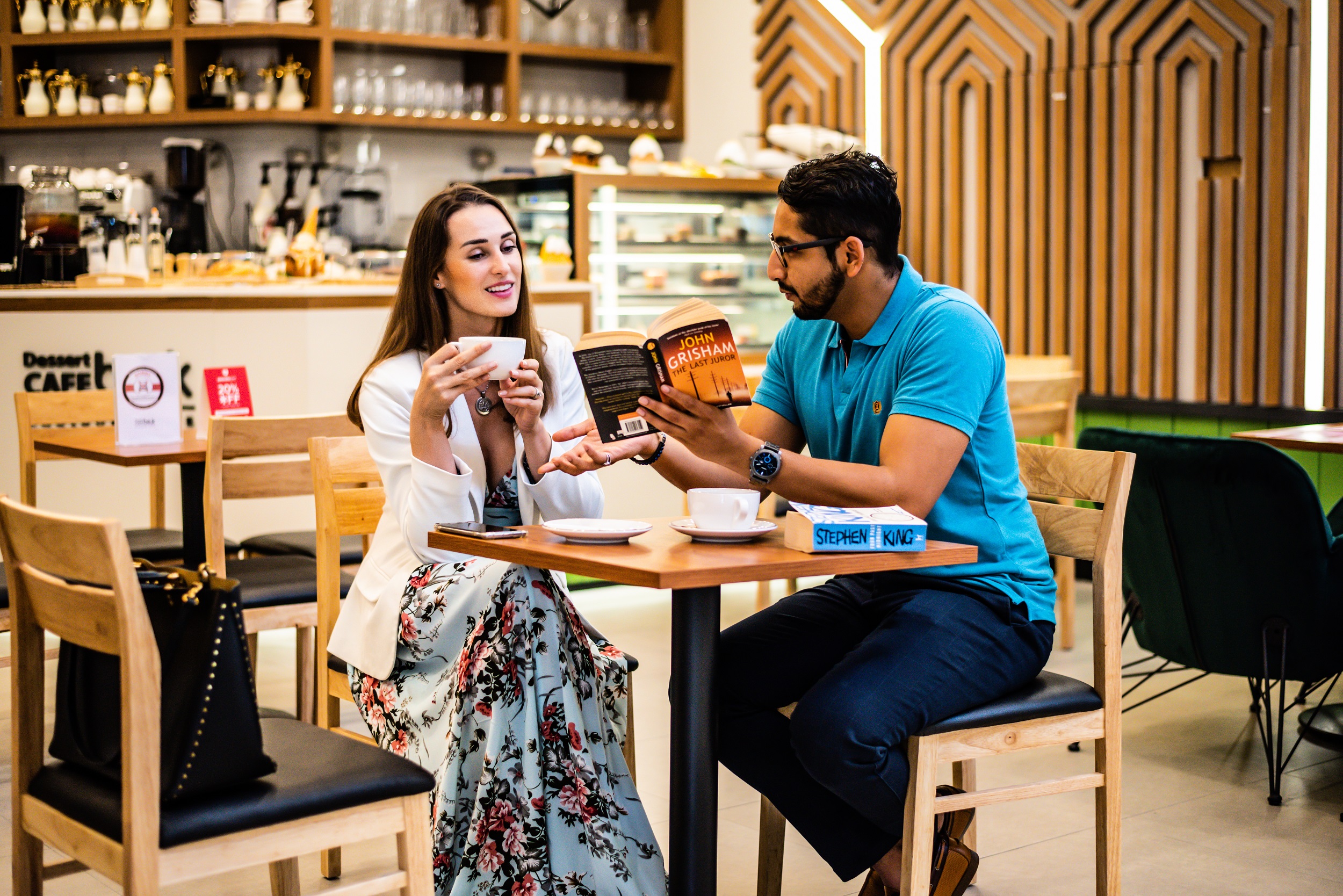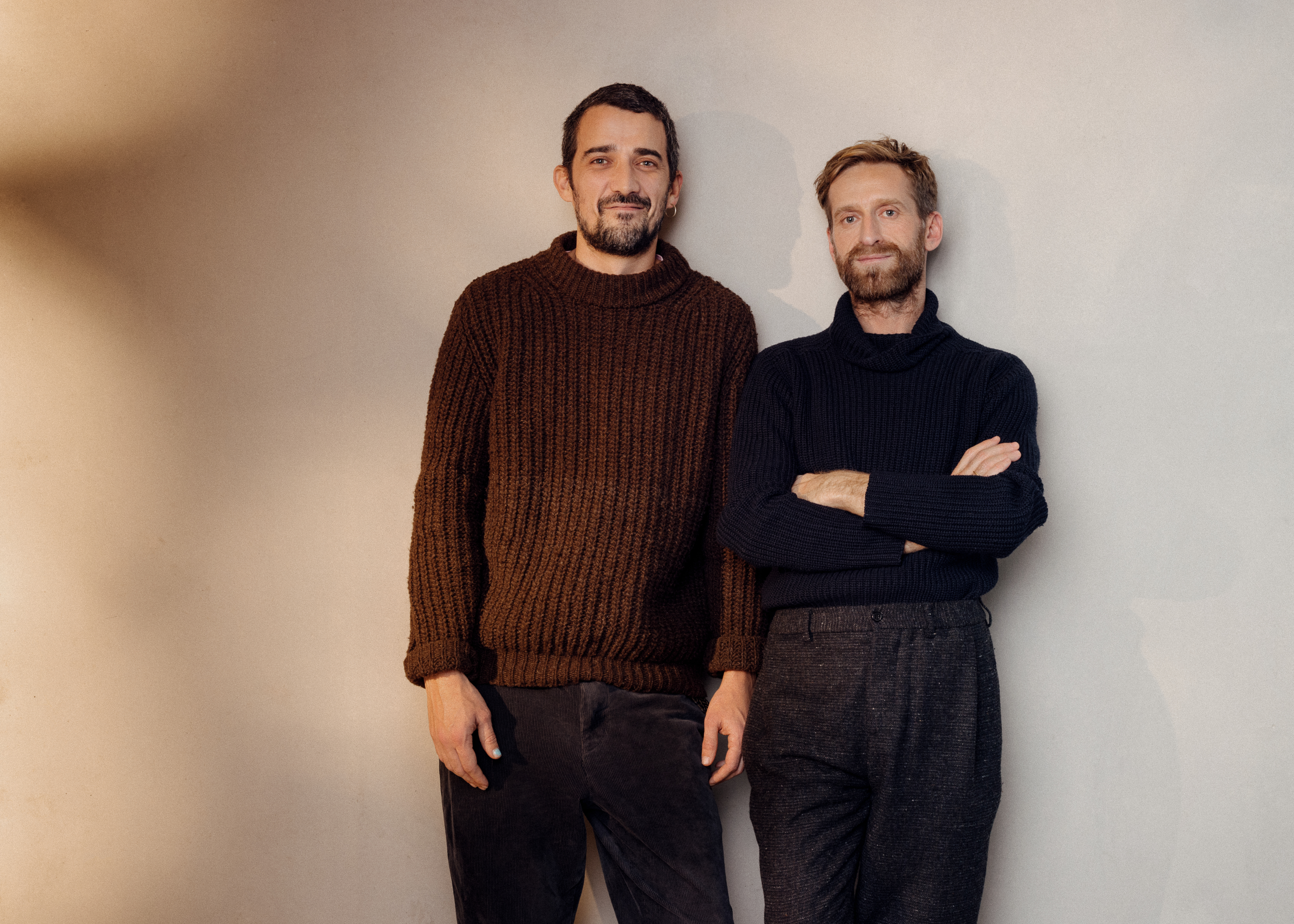Books of the Month | Month of the Books #9
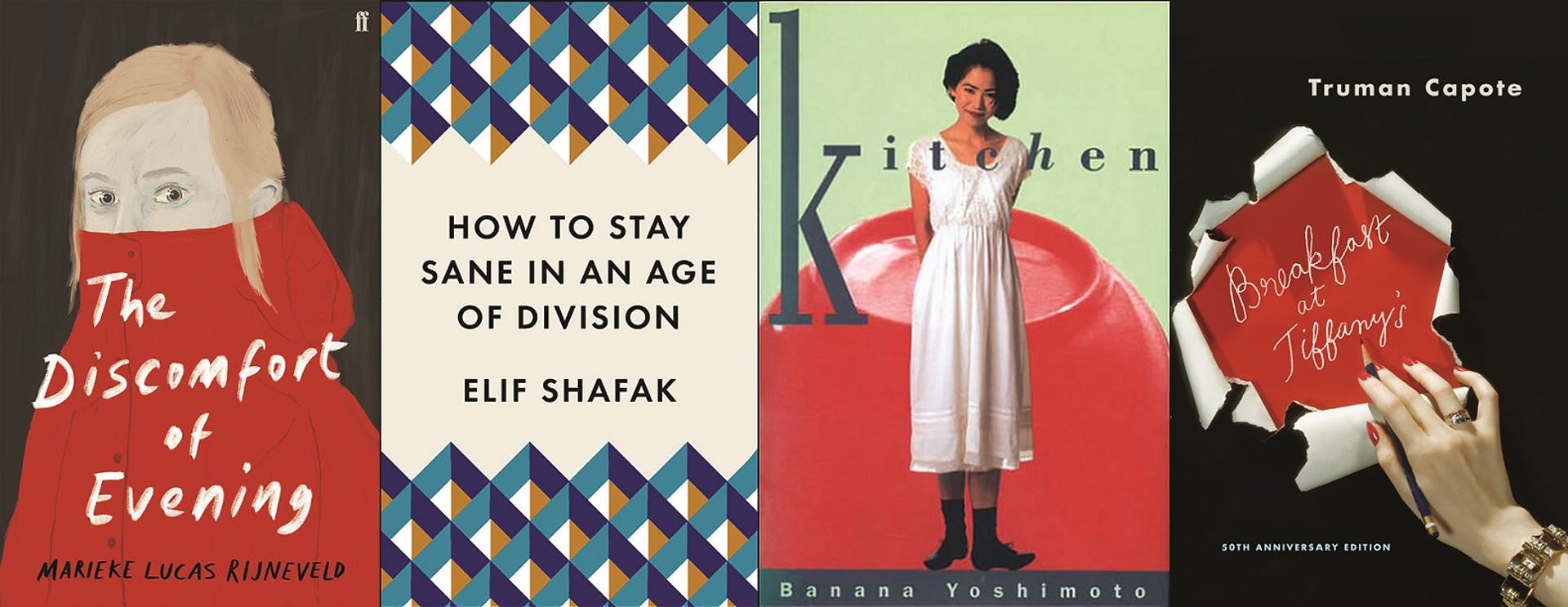
“Kitchen” by Banana Yoshimoto
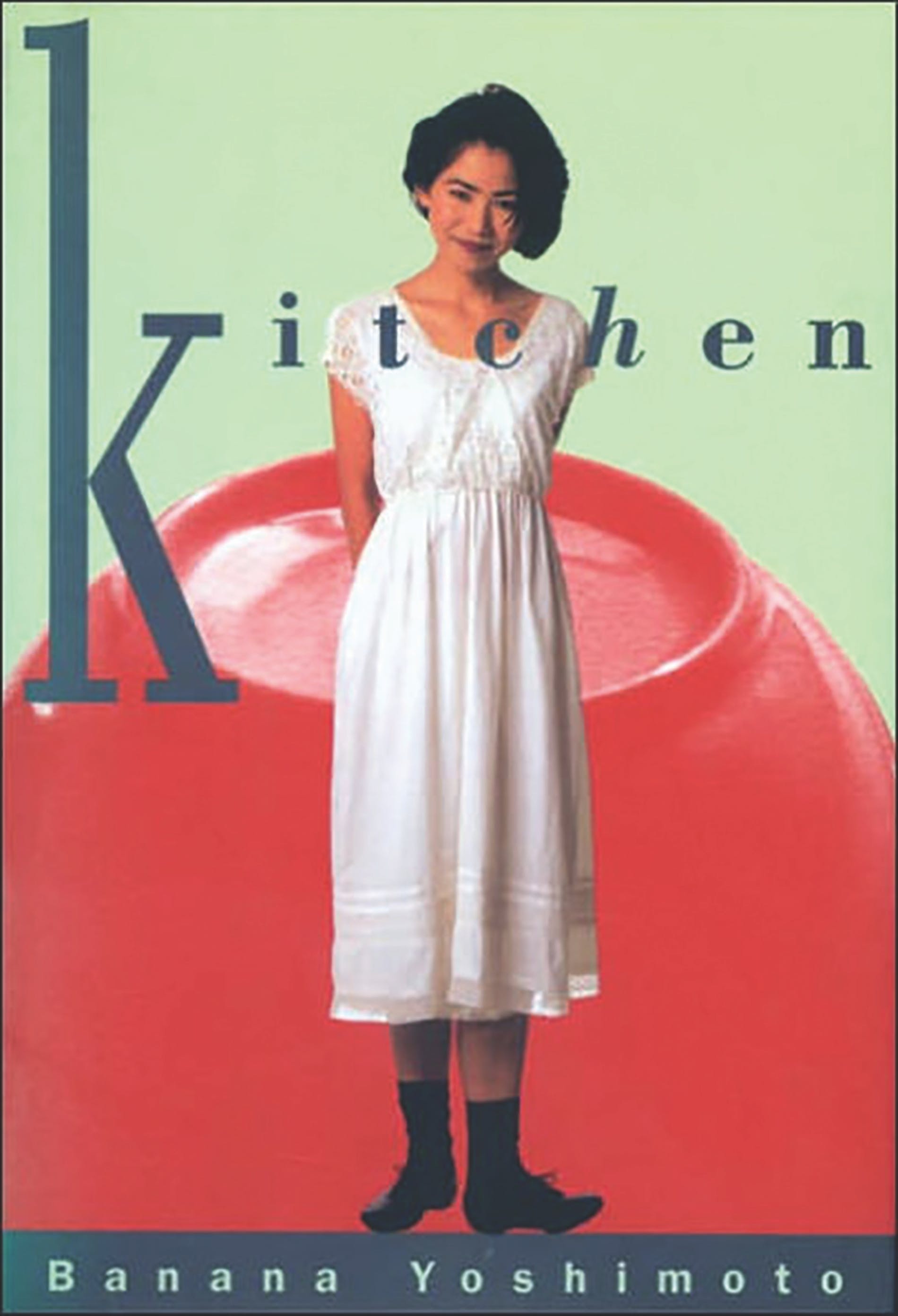
THE INTERNATIONAL BESTSELLER
Kitchen (キッチン) is a novel written by Japanese author Banana Yoshimoto in 1987 and translated into English in 1993 by Megan Backus.
When Kitchen was first published in Japan it won two of Japan’s most prestigious literary prizes, climbed the top of the bestseller lists, than remained there for over a year and sold millions of copies. Banana Yoshimoto was hailed as a young writer of a great talent and great passion whose work has quickly earned a place among the best of modern literature, and has been described as “the voice of modern literature” by the Independent on Sunday.
Kitchen is an enchantingly original book that juxtaposes two tales about mothers, love, tragedy, and the power of the kitchen and home in the lives of a pair of free-spirited young women in contemporary Japan.
Mikage, the heroine, is an orphan raised by her grandmother, who has passed away. Grieving, Mikage is taken in by her friend Yoichi and his mother (who is really his cross-dressing father) Eriko. As the three of them form an improvised family that soon weathers its own tragic losses, Yoshimoto spins a lovely, evocative tale with the kitchen and the comforts of home at its heart.
In a whimsical style that recalls the early Marguerite Duras, Kitchen and its companion story, Moonlight Shadow, are elegant tales whose seeming simplicity is the ruse of a very special writer whose voice echoes in the mind and the soul.
About the Author
Banana Yoshimoto is the pen name of Japanese writer Mahoko Yoshimoto.
Yoshimoto was born in 1964. Her father is the famous poet and critic Takaaki Yoshimoto, and her sister, Haruno Yoiko, is a well-known cartoonist in Japan.
Yoshimoto graduated from Nihon University’s College of Art with a major in literature. While there, she adopted the pseudonym “Banana”, after her love of banana flowers, a name she recognizes as both “cute” and “purposefully androgynous.”
She is the author of NP, Lizard, Amrita, Asleep, Goodbye Tsugumi and Hardboiled/Hard Luck. Her stories, novels and essays have won numerous prizes both in Japan and abroad. She lives in Tokyo.
“Breakfast at Tiffany's” by Truman Capote
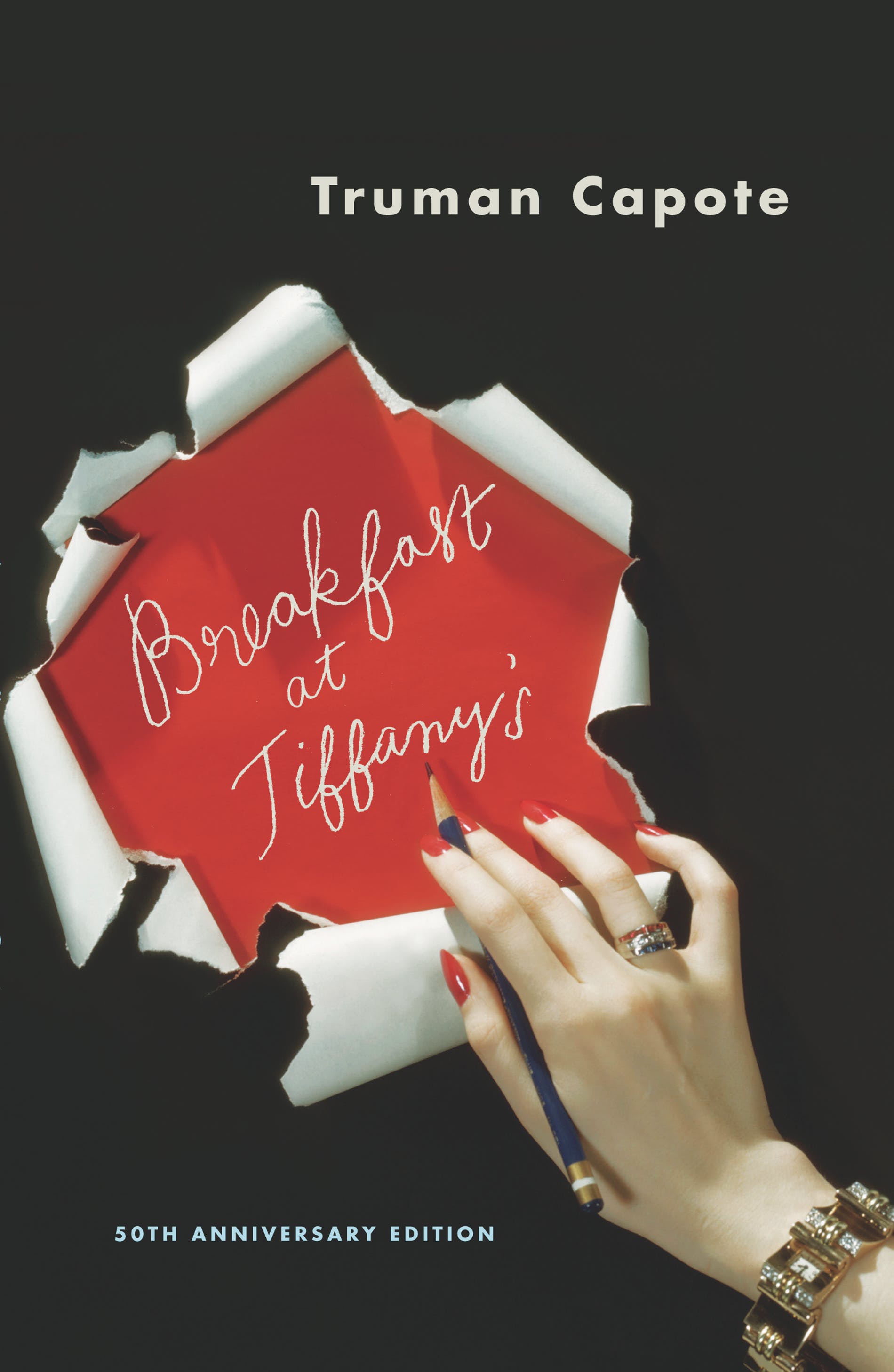
In this seductive, wistful masterpiece published in 1958, Truman Capote created a woman whose name has entered the American idiom and whose style is a part of the literary landscape.
In autumn 1943, the unnamed narrator befriends Holly Golightly. The two are tenants in a brownstone apartment in Manhattan’s Upper East Side. Holly (age 18–19) is a country girl turned New York café society girl. As such, she has no job and lives by socializing with wealthy men, who take her to clubs and restaurants, and give her money and expensive presents; she hopes to marry one of them. According to Capote, Golightly is not a prostitute but an “American geisha”.
Holly likes to shock people with carefully selected tidbits from her personal life or her outspoken viewpoints on various topics. Over the course of a year, she slowly reveals herself to the narrator, who finds himself quite fascinated by her curious lifestyle.
Holly Golightly knows that nothing bad can ever happen to you at Tiffany’s; her poignancy, wit, and naïveté continue to charm.
About the Author
Truman Capote was born in 1924, in New Orleans. After his parents’ divorce, he was sent to live with relatives in Monroeville, Alabama. It was here he would meet his lifelong friend, the author Harper Lee. Capote rose to international prominence in 1948 with the publication of his debut novel, Other Voices, Other Rooms. Among his celebrated works are Breakfast at Tiffany’s, A Tree of Night, The Grass Harp, Summer Crossing, A Christmas Memory, and In Cold Blood, widely considered one of the greatest books of the twentieth century. Twice awarded the O. Henry Short Story Prize, Capote was also the recipient of a National Institute of Arts and Letters Creative Writing Award and an Edgar Award. He died August 25, 1984, shortly before his sixtieth birthday.
“The Discomfort of Evening” by Marieke Lucas Rijneveld
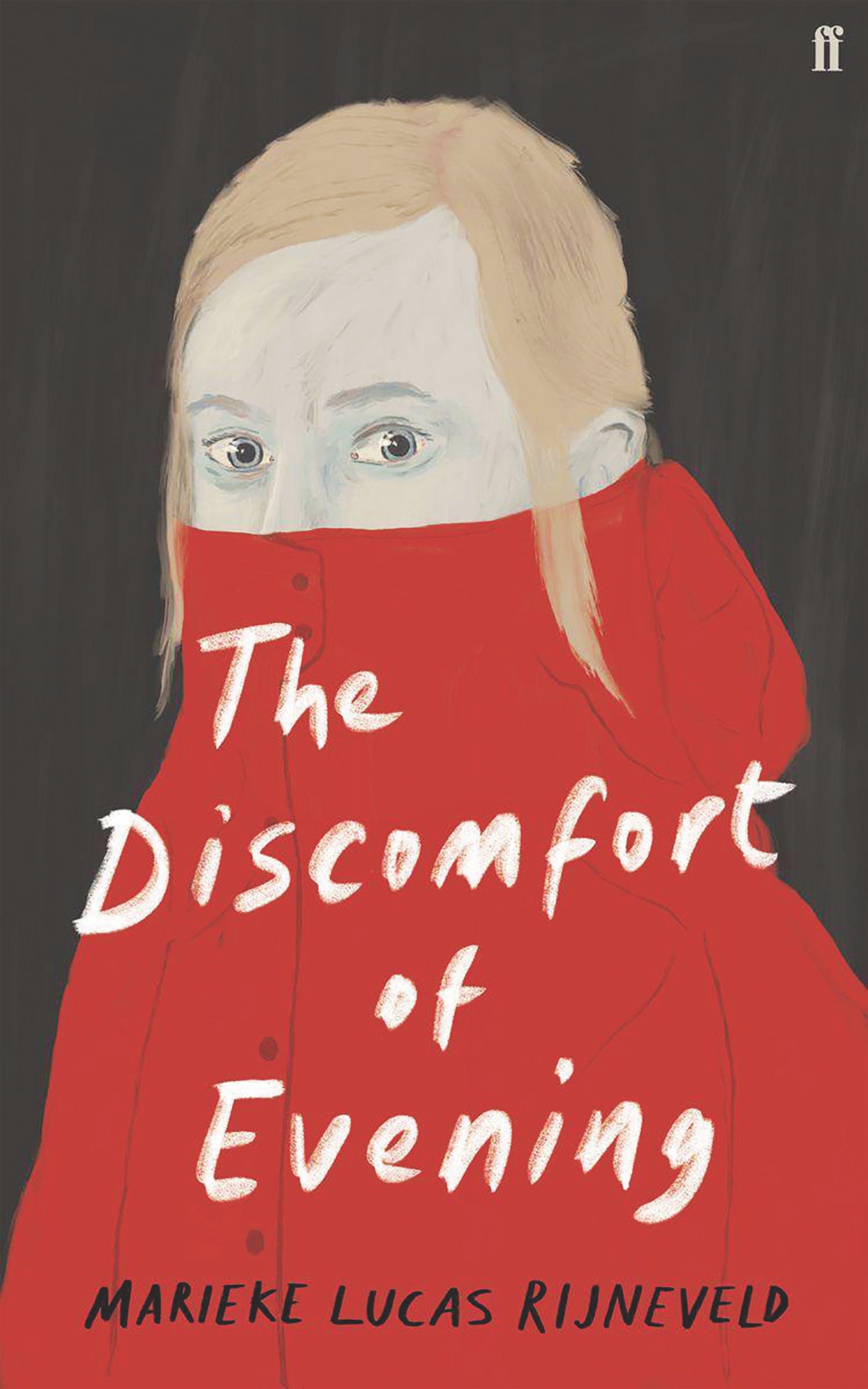
WINNER OF THE BOOKER INTERNATIONAL PRIZE 2020
A remarkable debut novel about a Dutch farm girl and her strict Christian family is unflinching and disturbing.
Ten-year-old Jas has a unique way of experiencing her universe: the feeling of udder ointment on her skin as protection against harsh winters; the texture of green warts, like capers, on migrating toads; the sound of ‘blush words’ that aren’t in the Bible. But when a tragic accident ruptures the family, her curiosity warps into a vortex of increasingly disturbing fantasies - unlocking a darkness that threatens to derail them all.
A bestselling sensation in the Netherlands, Marieke Lucas Rijneveld’s radical debut novel is studded with images of wild, violent beauty: a world of language unlike any other, exquisitely captured in Michele Hutchison’s translation.
About the Author
Marieke Lucas Rijneveld (b. 1991) grew up in a Reformed farming family in North Brabant before moving to Utrecht. One of the most exciting new voices in Dutch literature, her poetry collection, “Calfskin”, was awarded the C. Buddingh’ Prize for best poetry debut in 2015, while the newspapers de Volkskrant naming Rijneveld literary talent of the year. In 2018, Atlas Contact published her first novel, “The Discomfort of Evening”, in the Netherlands. It was a national bestseller as well as being nominated for the Libris Literature Prize and winning the prestigious ANV Debut Prize.
Alongside her writing career, Rijneveld works on a dairy farm.
“How to Stay Sane in an Age of Division" by Elif Shafak
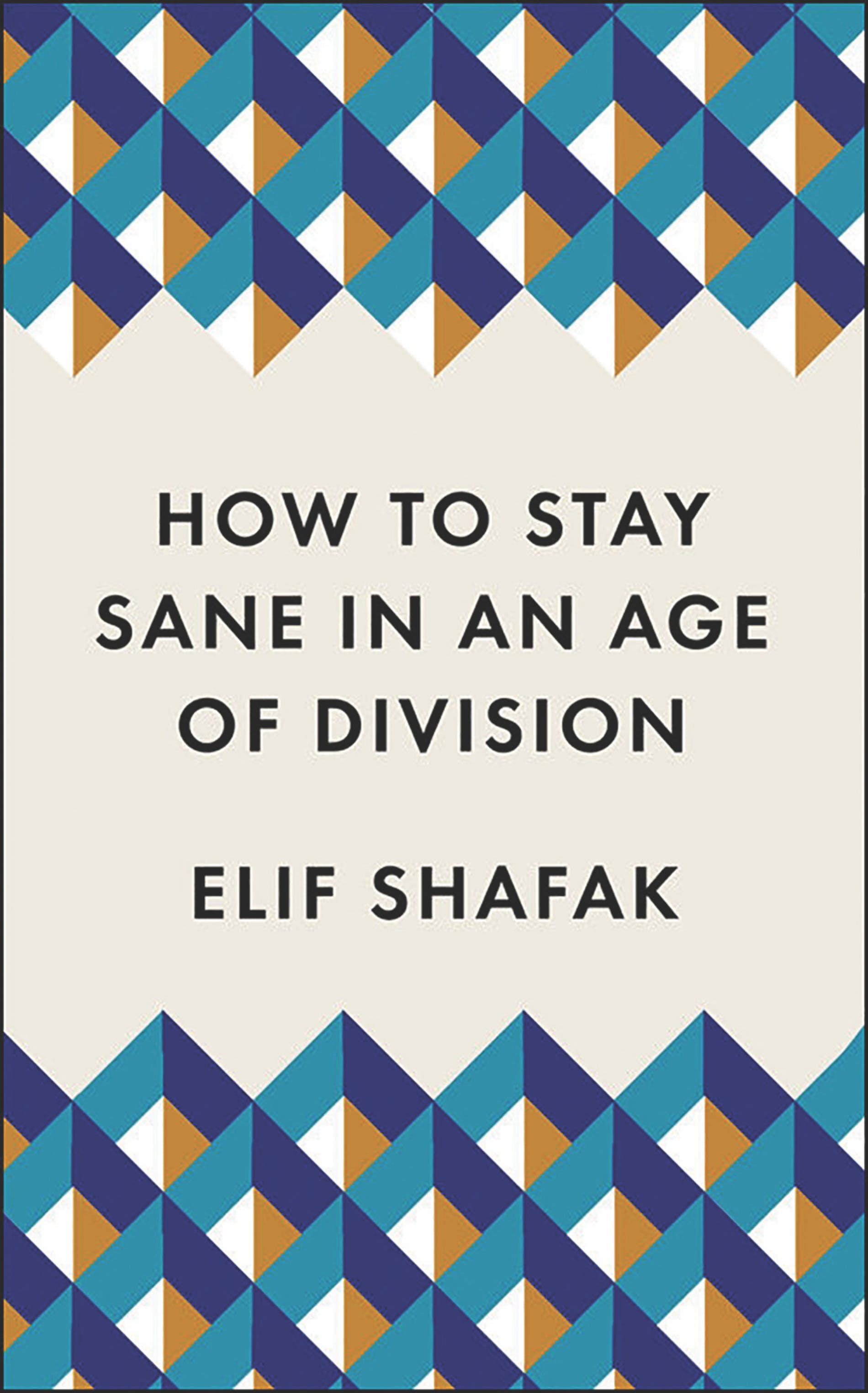
THE MUST-READ, POCKET-SIZED BIG THINK BOOK OF 2020
Ours is the age of contagious anxiety. We feel overwhelmed by the events around us, by injustice, by suffering, by an endless feeling of crisis. So, how can we nurture the parts of ourselves that hope, trust and believe in something better? And how can we stay sane in this age of division?
In this powerful, uplifting plea for conscious optimism, Booker Prize-nominated novelist and activist Elif Shafak draws on her own memories and delves into the power of stories to bring us together. In the process, she reveals how listening to each other can nurture democracy, empathy and our faith in a kinder and wiser future.
About the Author
Elif Shafak (b. 1971) is an award-winning British-Turkish novelist and the most widely read female author in Turkey. She writes in both Turkish and English, and has published eighteen books, eleven of which are novels. Her work has been translated into 54 languages. Her latest novel 10 Minutes 38 Seconds in this Strange World was shortlisted for the Booker Prize and RSL Ondaatje Prize; and chosen Blackwell’s Book of the Year. Her previous novel, The Forty Rules of Love was chosen by BBC among 100 Novels that Shaped Our World. Shafak holds a PhD in political science and she has taught at various universities in Turkey, the US and the UK, including St Anne’s College, Oxford University, where she is an honorary fellow.
She is a member of Weforum Global Agenda Council on Creative Economy and a founding member of ECFR (European Council on Foreign Relations). An advocate for women’s rights, LGBT rights and freedom of speech, Shafak is an inspiring public speaker and twice TED Global speaker, each time receiving a standing ovation. Shafak contributes to major publications around the world and she was awarded the medal of Chevalier de l’Ordre des Arts et des Lettres and is a Fellow of the Royal Society of Literature. In 2017 she was chosen by Politico as one of the twelve people “who will give you a much needed lift of the heart”. Shafak has judged numerous literary prizes, and chaired the Wellcome Prize and is presently judging the Orwell Prize.
Assambled by Tanja Beljanski

